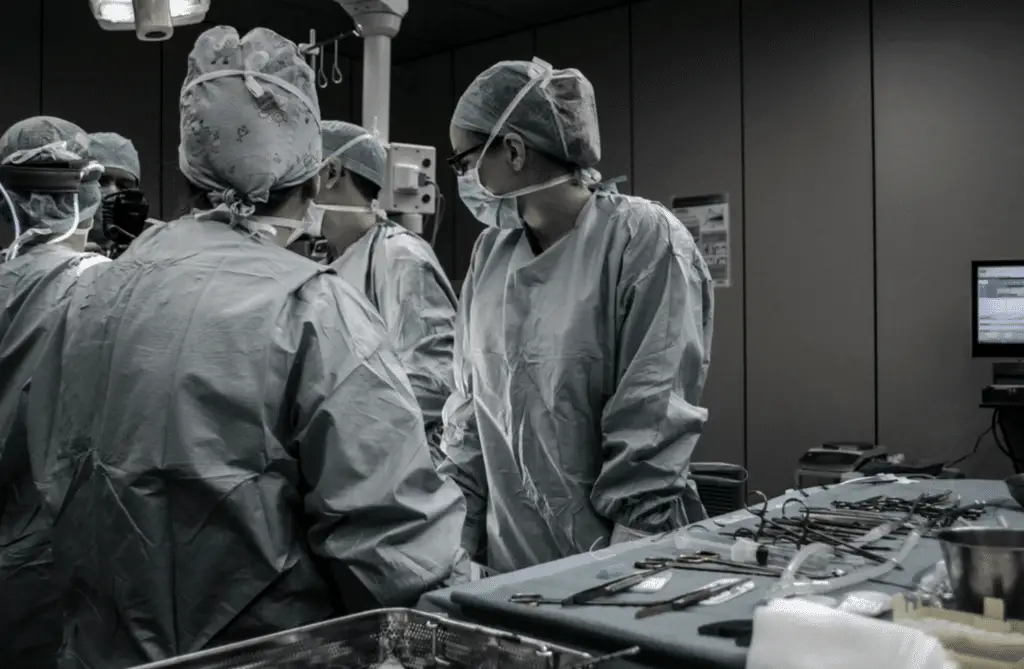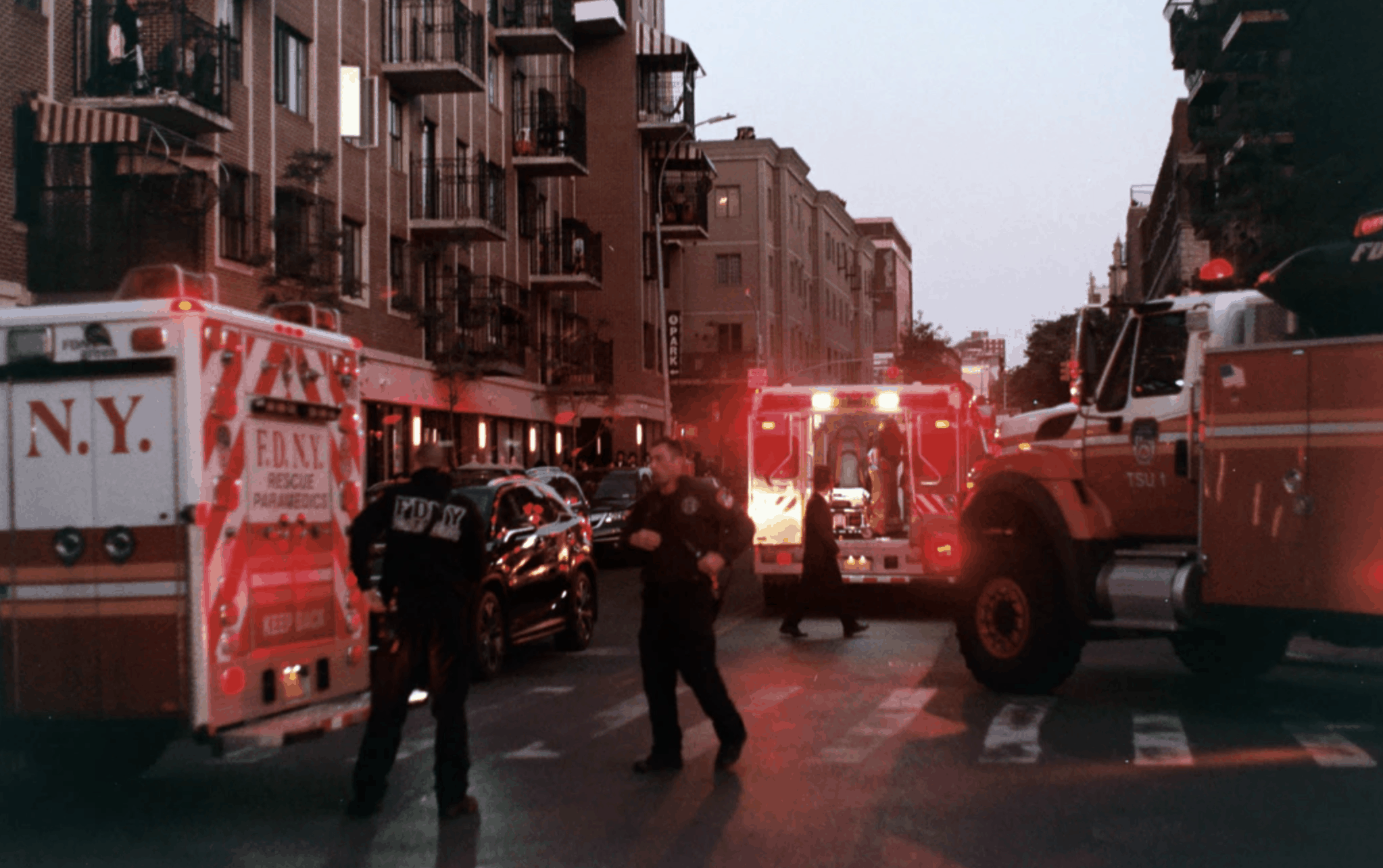Life can be a risky business, as any doctor can tell you. Every day people get hurt when playing sports, using the road or working. It could be anything from a sprain to a serious injury, and need treatment ranging from a bandage to major surgery.
Whilst some accidents are beyond our control (e.g. drunken and dangerous drivers), others can fortunately be prevented. This article will provide you with some helpful tips to stay safe in a range of different situations.
Be Responsible
Sometimes we only have ourselves to blame if we get injured. Drivers should always wear seatbelts and have regular eye tests. When they undergo a long journey they should factor in regular rest breaks of at least thirty minutes. Drivers should observe the road rules and never tailgate other cars.
If the unthinkable occurred and you were involved in an accident as a result of someone else’s negligence, it would be wise to appoint a personal injury attorney. It’s possible to learn from a visit to www.dsslaw.com that people can often get a free initial evaluation as well as help with gathering the evidence. Legal professionals are often skilled at aggressively negotiating the maximum compensation applicable, and taking it to court if necessary.
Steward Your Health
It’s wise to have regular medical checks. The last thing you’d want is an unexpected accident resulting from poor eyesight or hearing. If your blood pressure is high you could risk having a stroke or heart attack. It’s important to take regular daily exercise and to have a healthy diet. If you are experiencing any symptoms, get them checked out.
You should keep a First Aid kit in your car and when you go on holiday. This can contain medical essentials and any prescription medication. Use sunscreen when applicable and buy insect repellant where necessary.
Wear Protective Gear
People use this for a host of different situations, whether it’s for construction work, motorcycling or hunting. It’s often applicable for sporting activities and other hobbies too, whether it’s special clothing or helmets.
Without it a person becomes unnecessarily vulnerable, and a potential risk to others. Always make sure it is made of good quality and condition, seeking repairs or replacement when necessary.
Use Quality And Safe Equipment
Many work accidents occur when this is not the case. You should check that your work machinery is being regularly monitored, serviced and repaired.
Whether it’s your home or workplace, there should be smoke detectors in each room. All doors and windows should be lockable to help maintain security.

Be Fully Trained
When it comes to working health and safety, it’s common for refresher courses to be needed. New procedures may be implemented and equipment upgrades may also occur. Added to that, some employees may have developed bad habits that violate the safety policies.
In the world of sports, people are often trained by qualified people before they begin. This helps ensure the equipment and facilities are used safely and that accidents are prevented.
Be Supervised
If you are doing something new at work, make sure you have all the training and ongoing support that you need.
Don’t be afraid to ask someone to watch you do something or to advise if you are unsure.
Anticipate Situations
If you’re going on a journey, check the news reports beforehand for accidents and delays. Conditions such as snow, ice, rain or fog can seriously reduce visibility and impair your vehicles’ grip of the road. If you do need to travel, use your fog lights where applicable and drive slower.
Think ahead when you are driving. A child may be about to step out in front of you from behind a parked car. A dog or cat may be nearby, or loose gravel that could risk your car skidding. There may be overhanging trees blocking your view or potholes that could make you swerve.
Be In A Safe Environment
Whether you are learning to shoot a gun or go rock climbing, it’s essential to progress in stages. When people first learn to ski they use beginners’ slopes rather than going off-piste. Don’t go to places or use equipment you are not confident with.
As you can see, there are a multitude of different ways to stay safe. They range from being personally responsible to using the right equipment in the right environment. Then you can enjoy your daily activities with greater peace of mind, knowing you’ve done all you can to prevent accidents from occurring.

